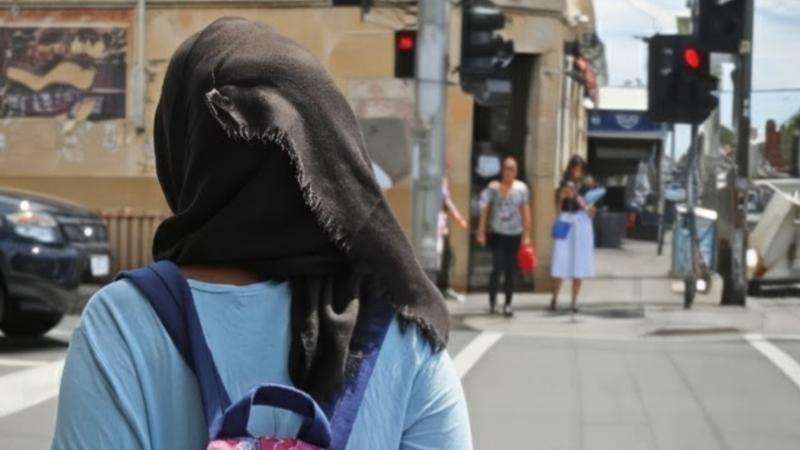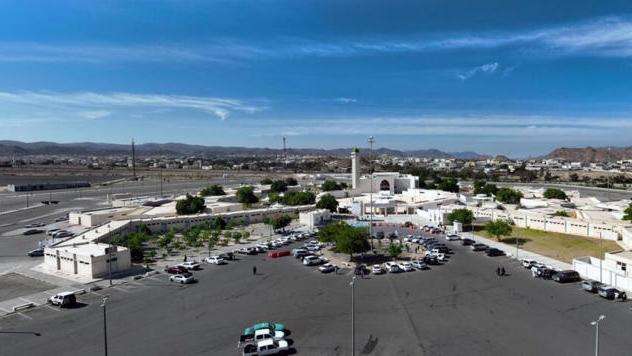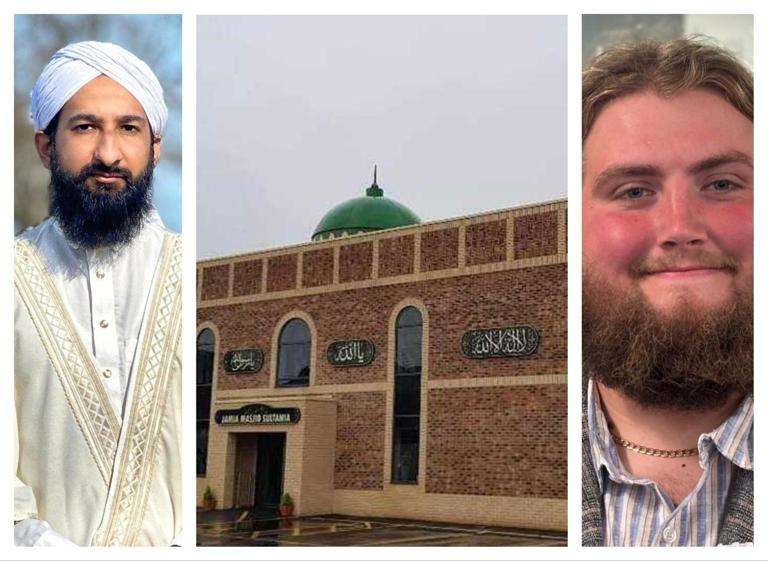Muslim community leaders in southern Queensland are raising the alarm over a recent spike in Islamophobia, with incidents including bomb threats and abuse targeting children. These local events are part of a broader, well-documented rise in anti-Muslim hate crimes globally, particularly in the UK and the US, where similar trends of increased hostility and discrimination are being reported, Daily Dazzling Dawn understands.
The Situation in Southern Queensland-The recent incidents in Queensland highlight a worrying pattern. A Gold Coast mosque was the subject of a bomb hoax, and a separate bomb threat forced the evacuation of 1,700 students from the Islamic College of Brisbane. Police investigations are ongoing, and while a QPS spokesperson initially stated there was "no information" to suggest the school incident was religiously motivated, a police letter to parents noted the current "cultural and political climate" and "friction" as a factor.
The Islamophobia Register of Australia, an organization that tracks such incidents, has recorded a significant increase in recent years. Their data shows 366 cases of online abuse between January 2023 and November 2024, compared to 415 cases over a much longer period from September 2014 to December 2021. Similarly, 309 in-person incidents were logged between January 2023 and November 2024, while 515 were recorded between September 2014 and December 2021. This indicates a sharp rise in the frequency of these events. The organization’s co-executive director, Nora Amath, notes that Muslim women who wear the hijab are disproportionately targeted.
According to Queensland Police Service data, 96 people were charged with vilification offenses between May 2024 and August 2025. While the statistics do not specify the targeted group, these charges cover offenses such as threats of violence and public nuisance.
Islamophobia in the UK and US-The rise in anti-Muslim sentiment in Australia mirrors a troubling trend in other Western nations. Both the United Kingdom and the United States have seen a significant and sustained increase in Islamophobic incidents, with many reports linking the surge to global conflicts and a broader hostile political climate.
In the UK, Islam is the second-largest religion, with almost 4 million Muslims recorded in the 2021 census, making up 6.0% of the total population. London has the largest Muslim population, with 15% of its residents identifying as Muslim. According to a report by the Home Office for England and Wales, nearly 40% of all religiously motivated hate crimes in the year ending March 2024 targeted Muslim communities, totaling 3,866 cases. This represented a 25% increase in religious hate crimes compared to the previous year. The Islamophobia Response Unit (IRU) reported a 236% increase in reported cases between January and April 2024, with a 300% rise in incidents overall since October 2023.
In the US, Islam is the third-largest religion, with an estimated 3.5 to 4.5 million Muslims. The Muslim community is the country's most ethnically diverse faith group. The Council on American-Islamic Relations (CAIR) reported a record number of complaints in 2024, with 8,658 anti-Muslim and anti-Arab incidents, marking the highest total since the organization began tracking data in 1996. This represents a 7.4% year-on-year increase. A poll from April 2024 revealed that 74% of American Muslims and 66% of Jewish Americans experience bias based on their religious identity. The report also found that Muslims were twice as likely as Jewish Americans to face religious discrimination in the past year. Education-related complaints and employment discrimination were among the most common issues reported.
Common Themes and Community Response-Across all three countries, experts note that Islamophobia often spikes during global conflicts. Dr. Ryan Williams of the University of Queensland points to the Israel-Palestine conflict as a current catalyst, but also mentions past events like 9/11 and the rise of ISIS. The trend indicates a pattern where Muslims are "scapegoated" for broader societal anxieties related to the economy, culture, and identity.
Community leaders and advocacy groups in all three nations are calling for action. They emphasize the importance of consistent condemnation of Islamophobia by political and media leaders, the implementation of anti-racism education in schools, and the need for support systems for victims. In the face of adversity, many Muslim communities are building resilience, engaging in charitable work, and actively lobbying governments to address systemic issues. They are not only surviving but also working to tell their own stories and challenge pervasive misconceptions.




_7.jpg)


.svg)

_7.jpg)
